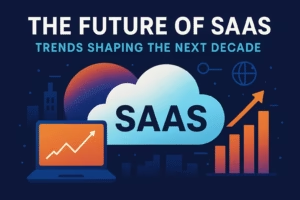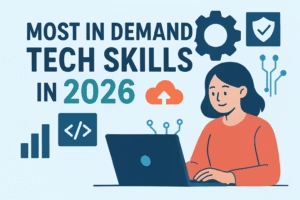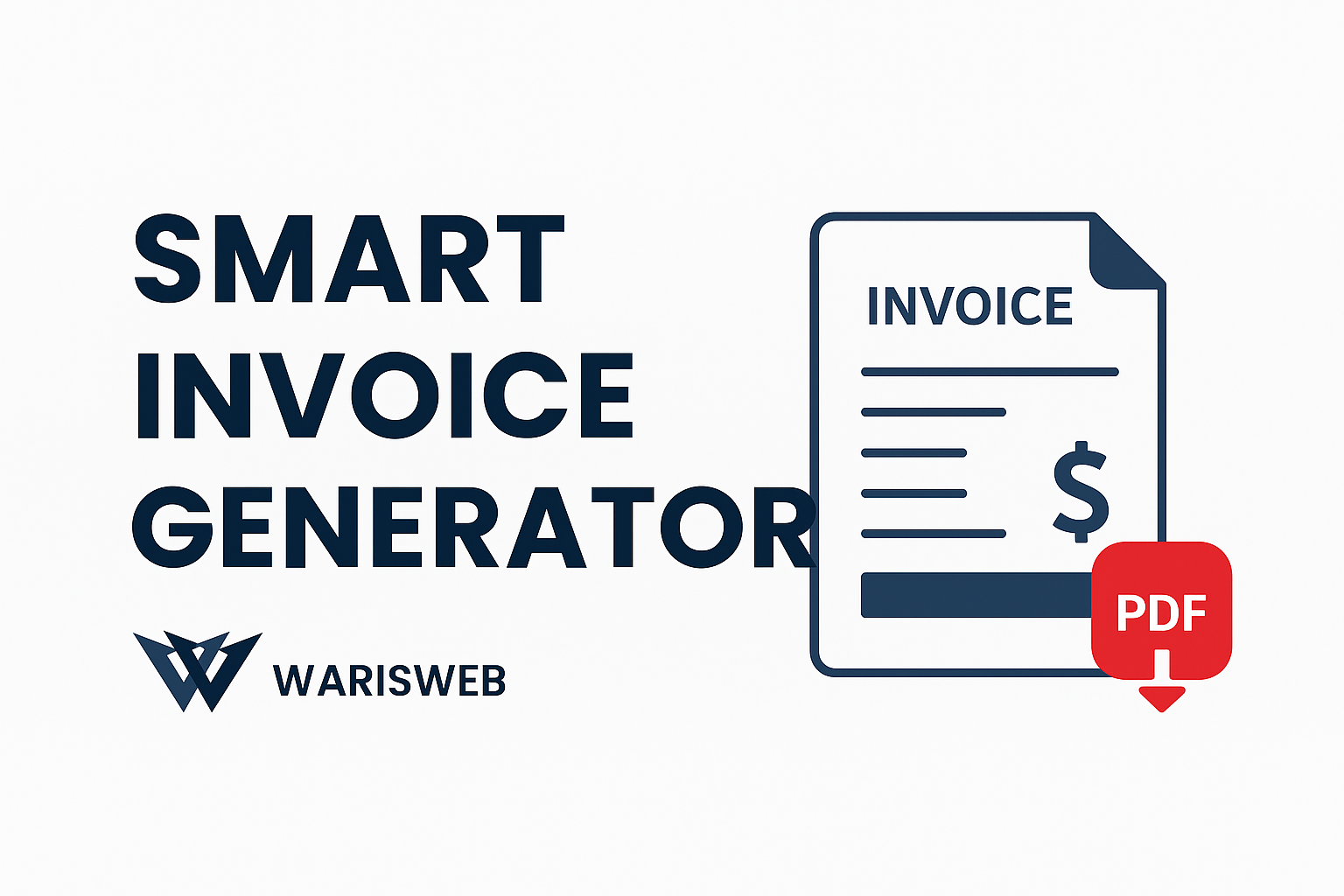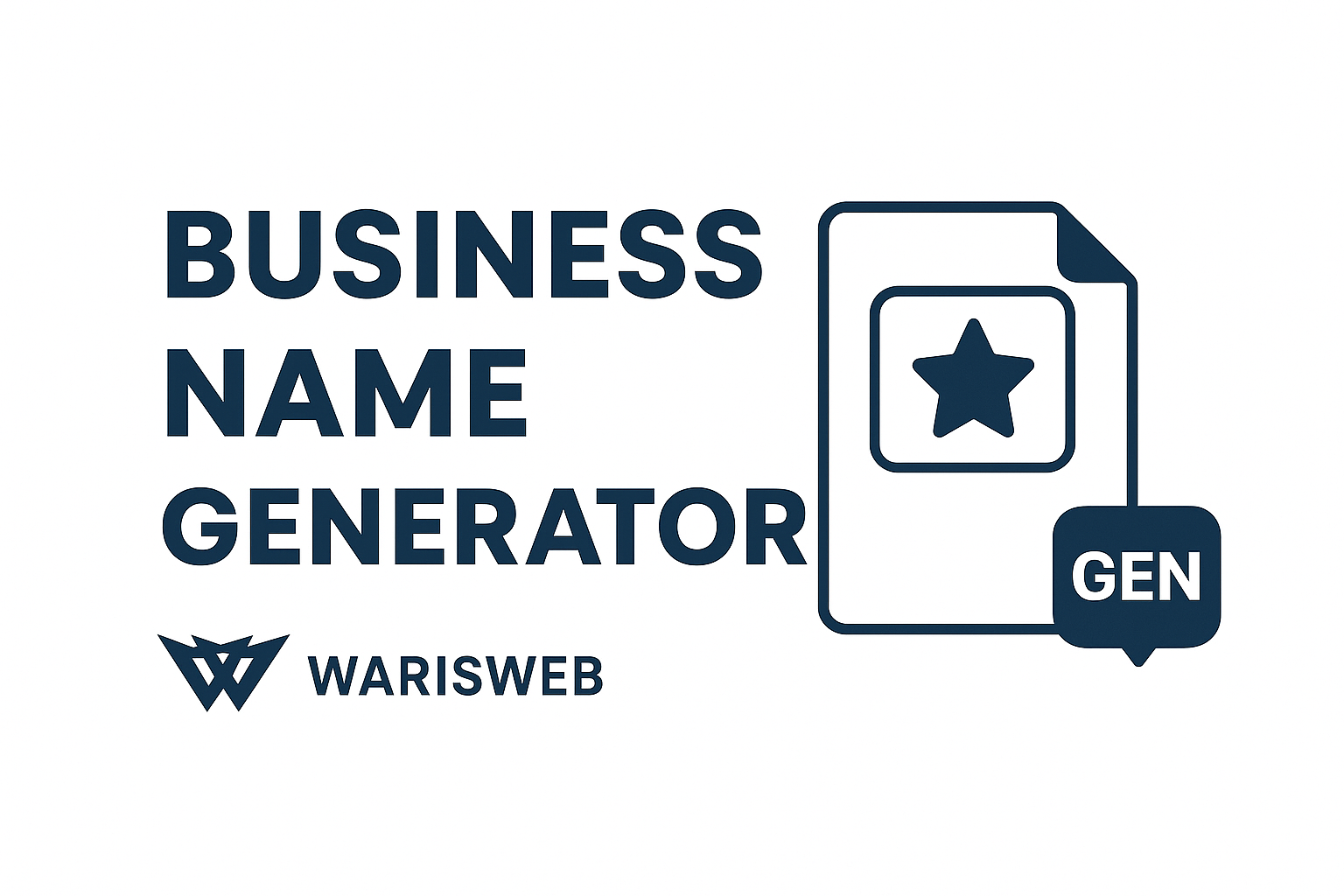Top Digital Marketing Certifications in 2026 (Ranked & Reviewed)
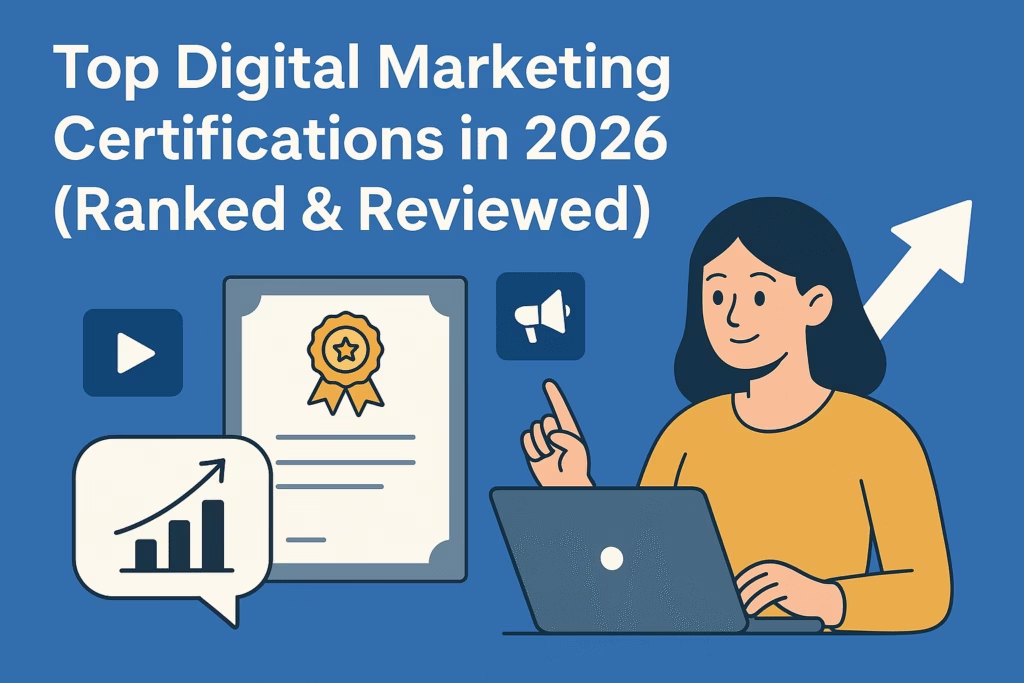
Let me be straight with you: the digital marketing certification landscape is overwhelming. I’ve seen people spend months researching certifications, paralyzed by choice, when they could’ve been learning and building skills. There are hundreds of programs out there, from free Google courses to $5,000 university certificates, and not all of them are worth your time.
I’ve spent considerable time talking to hiring managers, recruiters, and marketers who’ve actually gone through these programs. What matters isn’t just the certificate itself—it’s what you learn, how employers perceive it, and whether it actually helps you do better work. Some certifications are glorified marketing tools for the platforms offering them. Others genuinely transform how you think about digital marketing.
So here’s what I’m going to do: give you an honest ranking based on industry recognition, actual learning value, cost-effectiveness, and career impact. No fluff, no affiliate link spam, just real talk about what’s worth your investment in 2026.
Why Digital Marketing Certifications Matter
Let’s address the elephant in the room first: certifications aren’t magic tickets to six-figure jobs. They won’t automatically make you a great marketer. What they do is provide three specific advantages that matter in a competitive job market.
They validate your skills in a concrete way. When you’re competing against dozens of applicants, many with impressive resumes, certifications provide tangible proof that you’ve invested time learning specific skills. A hiring manager can look at your resume and immediately understand that you know how to run Facebook ads or analyze website traffic. It removes uncertainty about your baseline knowledge.
They keep you current with platform changes. Digital marketing moves ridiculously fast. Google updates its algorithms constantly. Social platforms change their advertising systems. New tools emerge while others become obsolete. Quality certification programs force you to learn current best practices, not techniques from five years ago that no longer work.
They unlock opportunities you might not otherwise get. Many freelance platforms and agencies specifically look for certified professionals. Some job postings list certain certifications as requirements. Whether that’s fair or necessary is debatable, but it’s reality. Having the right certifications opens doors that remain closed to equally skilled but uncertified marketers.
That said, experience matters more than certificates. A portfolio showing successful campaigns you’ve run beats a wall full of certificates with no practical work to show. The ideal approach combines both: get certified to prove foundational knowledge, then build real experience to demonstrate competence.
Top Digital Marketing Certifications in 2026 (Ranked)
1. Google Digital Marketing & E-Commerce Certificate
Platform: Coursera
Cost: $49/month (typically takes 3-6 months)
Time Investment: 10 hours/week for 6 months
Recognition Level: ★★★★★
This fully online certificate teaches you the skills you need for an entry-level job in digital marketing or e-commerce, with no experience required, covering popular tools and platforms like Canva, Constant Contact, Hootsuite, HubSpot, Mailchimp, and Shopify Software As A Service Market Growth And Trends Report 2025.
Why it tops my list: Google’s name carries weight. When you tell an employer you’re Google-certified, they understand immediately. But beyond the brand recognition, this program is legitimately comprehensive. It covers the entire digital marketing ecosystem—not just Google Ads, but email marketing, social media, content strategy, and analytics.
The curriculum is beginner-friendly without being dumbed down. You’ll work on actual projects, like creating email campaigns and analyzing website traffic. The capstone project has you develop a complete digital marketing plan, which becomes a portfolio piece you can show employers.
What I particularly appreciate is how it connects theory to practice. You’re not just memorizing concepts; you’re applying them in simulated real-world scenarios. The course instructors are Google employees who actually work in marketing, not just academics reading from textbooks.
The pricing is fair—about $300-450 total if you complete it in the expected timeframe. Coursera offers financial aid if cost is a barrier, and some employers reimburse professional development expenses.
Best for: Career changers, recent graduates, or anyone entering digital marketing without prior experience.
2. HubSpot Content Marketing Certification
Platform: HubSpot Academy
Cost: Free
Time Investment: 8 hours
Recognition Level: ★★★★★
I cannot overstate how valuable this free certification is. HubSpot’s Content Marketing certification is an eight-hour course with 14 lessons covering various aspects of content marketing strategy, including storytelling, content ideation, and content creation SaaS market report for Q1 2025: Economic uncertainty brings sluggish growth.
HubSpot practically invented inbound marketing, and their educational content reflects decades of expertise. The Content Marketing certification covers everything from developing a content strategy to storytelling frameworks, SEO basics, and promotion tactics. It’s not surface-level either—you’ll dive into how to create content that actually converts, not just attracts eyeballs.
The video lessons are engaging, the quizzes reinforce learning, and the final exam is challenging enough to mean something. HubSpot also offers separate certifications for Inbound Marketing, Social Media, Email Marketing, and more—all free. You could complete their entire certification catalog and have a impressive credential collection without spending a dollar.
Employers recognize HubSpot certifications because HubSpot is ubiquitous in marketing departments. Knowing their platform and methodology is directly applicable to real work, especially if you end up at a company using HubSpot’s marketing software.
The only limitation is that it’s focused on inbound methodology specifically. If you’re more interested in paid advertising or technical SEO, you’ll need to supplement with other certifications.
Best for: Content marketers, bloggers, social media managers, and anyone building an organic marketing skill set.
3. Meta Blueprint Certification
Platform: Meta (Facebook) Business
Cost: $150 per exam
Time Investment: 30-50 hours of study
Recognition Level: ★★★★☆
The certification makes you more marketable, provides additional employment prospects, and proves you have comprehensive knowledge about Meta’s advertising tools, with all examinations costing $150 and the certification active for one year Software-as-a-Service (SaaS) Industry Outlook 2025-2030.
If you’re serious about paid social advertising, Meta Blueprint is essential. This certification covers topics such as audience targeting, budget management, and campaign optimization across various ad formats and objectives on Facebook and Instagram Future Vertical SaaS Trends.
The training materials are free and comprehensive. You can access hundreds of courses covering everything from basic ad setup to advanced campaign optimization. The paid certification exams validate your knowledge—passing requires genuine understanding, not just memorization.
There are different certification paths: Meta Certified Digital Marketing Associate (entry-level), Meta Certified Media Buying Professional (for those running campaigns), and Meta Certified Creative Strategy Professional (for creative optimization). Choose based on your role focus.
What makes this valuable is specificity. Facebook and Instagram ads are complex platforms with constantly evolving features. Being officially certified signals to employers and clients that you genuinely understand how to navigate these tools effectively. Many agencies specifically seek Blueprint-certified professionals.
The annual renewal requirement is both a pro and a con. It ensures your knowledge stays current, but it also means ongoing costs and retesting. Budget accordingly if you’re pursuing this path.
Best for: Performance marketers, social media advertisers, agency professionals, and freelancers managing paid social campaigns.
4. Google Analytics 4 (GA4) Certification
Platform: Google Skillshop
Cost: Free
Time Investment: 10-15 hours
Recognition Level: ★★★★★
Data literacy separates mediocre marketers from exceptional ones. Google Analytics is the most widely used web analytics platform, and GA4 represents a fundamental shift in how data is collected and analyzed.
The GA4 certification course teaches you how to set up properties, configure events, build reports, and analyze user behavior. The interface is completely different from Universal Analytics (which Google sunset), so even experienced marketers need this training.
This certification is particularly valuable because analytics skills are universally applicable. Whether you’re doing SEO, running ads, managing content, or handling email marketing, you need to understand how to measure performance. GA4 knowledge transfers across all digital marketing disciplines.
The free price point makes this a no-brainer. Every digital marketer should complete this certification. The only challenge is that GA4 has a steeper learning curve than Universal Analytics. The event-based model requires adjusting how you think about user tracking.
Google also offers separate certifications for Google Ads, which are worth pursuing if you work in paid search. The combination of GA4 and Google Ads certifications creates a powerful credential pairing.
Best for: Everyone in digital marketing, but especially data analysts, growth marketers, and anyone responsible for reporting on marketing performance.
5. SEMrush SEO Toolkit Course
Platform: SEMrush Academy
Cost: Free
Time Investment: 4 hours
Recognition Level: ★★★★☆
SEMrush is one of the most powerful SEO tools available, and their academy teaches you how to use it effectively. The SEO Toolkit course covers keyword research, competitive analysis, site audits, backlink analysis, and rank tracking.
What sets this apart is the practical focus. You’re learning specific workflows for conducting SEO research and analysis, not just theoretical concepts. The course teaches you how to find keyword opportunities, identify technical SEO issues, analyze competitor strategies, and build comprehensive SEO plans.
The certification exam requires applying SEMrush tools to real scenarios. You’ll need to analyze websites, identify issues, and recommend solutions. This hands-on approach means the certification actually reflects useful skills, not just memorized definitions.
The limitation is that it’s tool-specific. If you don’t have access to SEMrush (subscriptions start at $130/month), you can’t practice what you learn. However, they offer free trials, and many employers provide SEMrush access, so the knowledge remains valuable.
SEMrush also offers additional certifications in content marketing, competitive research, and technical SEO. The full certification suite creates comprehensive SEO expertise.
Best for: SEO specialists, content strategists, digital marketing managers, and anyone needing deep keyword research and competitive analysis skills.
6. LinkedIn Marketing Labs Certification
Platform: LinkedIn Learning
Cost: Free (with LinkedIn account)
Time Investment: 6-8 hours
Recognition Level: ★★★☆☆
If you’re in B2B marketing, LinkedIn isn’t optional—it’s where your audience lives. The Marketing Labs certification teaches you how to leverage LinkedIn for business, covering organic strategy, paid advertising, and thought leadership.
The course covers LinkedIn’s advertising platform, including Sponsored Content, Message Ads, Dynamic Ads, and Text Ads. You’ll learn audience targeting, campaign optimization, and performance measurement specific to LinkedIn’s ecosystem.
What makes this valuable for B2B marketers is how different LinkedIn is from other platforms. The professional context changes what content works, how targeting functions, and what success looks like. Understanding these nuances matters if you’re marketing to decision-makers and professionals.
The certification is less recognized than Google or HubSpot equivalents, which is why it ranks lower. But for roles specifically focused on B2B marketing or LinkedIn management, it’s highly relevant.
LinkedIn also offers certifications in LinkedIn Page management, personal branding, and sales navigation, which complement the marketing certification nicely.
Best for: B2B marketers, lead generation specialists, and professionals building thought leadership or company presence on LinkedIn.
7. Digital Marketing Institute (DMI) Professional Diploma
Platform: Digital Marketing Institute
Cost: $2,295-3,495
Time Investment: 30 hours of study
Recognition Level: ★★★★★
This is the most expensive option on this list, but it’s also the most comprehensive and globally recognized. DMI is accredited by multiple international bodies and recognized in over 135 countries.
The Professional Diploma covers 10 modules: digital marketing strategy, search marketing, social media, content marketing, email marketing, website optimization, paid advertising, display advertising, analytics, and digital marketing project management. It’s basically an MBA-level curriculum focused specifically on digital marketing.
The coursework is rigorous. You’ll complete assignments, case studies, and a final exam that tests both theoretical knowledge and practical application. The certification carries significant weight with employers globally, particularly in Europe and Asia where DMI has strong recognition.
The high cost is the obvious barrier. This is an investment that makes sense if your employer covers professional development or if you’re seriously committed to digital marketing as a long-term career. For casual learners or career explorers, the free alternatives provide better value.
DMI also offers specialized certifications in social selling, digital leadership, and search marketing if you want to deepen expertise in specific areas after completing the core diploma.
Best for: Experienced marketers seeking career advancement, professionals pursuing international opportunities, and those wanting comprehensive, globally recognized credentials.
8. Coursera/edX University Specializations
Platform: Coursera, edX
Cost: $39-79/month per course
Time Investment: 3-6 months
Recognition Level: ★★★★☆
Universities have entered the digital marketing education space, offering specializations through online learning platforms. The University of Illinois Digital Marketing Specialization, Northwestern University’s Marketing Analytics course, and Duke University’s Digital Media and Marketing Strategies program are standout options.
These programs offer academic rigor combined with practical application. You’ll study marketing theory, consumer behavior, data analysis, and strategy development. The instruction quality is generally excellent, taught by actual university professors with research backgrounds.
The value proposition is interesting: you get university-level education at a fraction of on-campus cost. Many programs offer certificates that carry the university name, which adds credibility. Some even offer academic credit that could apply toward a degree if you decide to pursue formal education later.
The downside is time commitment and cost. Completing a full specialization takes months and can cost several hundred dollars. The pacing is also more academic—less immediately practical than platform-specific certifications like Google or HubSpot.
These work best as complementary education alongside practical certifications. The combination of academic frameworks from university programs and tactical skills from platform certifications creates well-rounded expertise.
Best for: Mid-career professionals seeking structured learning, people considering MBA programs but wanting to test the waters, and those valuing academic credentials alongside practical skills.
How to Choose the Right Certification
With so many options, decision paralysis is real. Here’s how to actually choose instead of endlessly researching.
Start with your career goals and current situation. Are you breaking into digital marketing from another field? Get Google’s Digital Marketing certificate—it’s comprehensive and recognized. Already working in marketing but want to specialize? Choose certifications matching your specialty (SEMrush for SEO, Meta Blueprint for paid social, etc.).
Consider cost versus recognition. Free certifications from Google, HubSpot, and Facebook carry significant weight and cost nothing but time. That’s an obvious starting point. Paid certifications make sense when they provide specialized knowledge not available free (like DMI’s comprehensive diploma) or when they validate tool-specific expertise (like SEMrush).
Prioritize hands-on projects and practical application. The best certifications make you do things, not just watch videos. Look for programs requiring you to build campaigns, analyze data, or create marketing plans. These deliverables become portfolio pieces proving your skills beyond just a certificate.
Check what tools and platforms you’ll learn. Marketing is increasingly about understanding various tools. Certifications teaching you to use platforms like Google Analytics, Facebook Ads Manager, SEMrush, or HubSpot provide immediately applicable skills. Pure theory without tool training is less valuable.
Think about stackability. Multiple complementary certifications create more complete expertise than one comprehensive program. Consider starting with HubSpot’s free offerings to build inbound marketing knowledge, then adding Google Analytics for data skills, then Meta Blueprint for paid advertising. This combination costs under $200 and provides broad, recognized credentials.
Don’t overthink it—start learning. Seriously. The biggest mistake I see is people spending three months researching the “perfect” certification instead of just picking a good one and starting. Analysis paralysis helps no one. Pick something from this list that matches your interests and begin. You can always complete additional certifications later.
Conclusion
The best digital marketing certification in 2026 is the one you’ll actually complete and apply. I’ve ranked these based on recognition, value, and quality, but your perfect choice depends on your specific situation, career goals, and learning style.
If you’re starting fresh, begin with Google’s Digital Marketing & E-Commerce Certificate and HubSpot’s free certifications. That combination costs under $500 total and provides comprehensive, recognized credentials covering most digital marketing disciplines.
If you’re specializing, choose certifications matching your focus area: SEMrush or HubSpot for SEO, Meta Blueprint for paid social, Google Analytics for data, LinkedIn for B2B. Build depth in your specialty while maintaining breadth across the field.
If you’re advancing your career, consider investing in comprehensive programs like DMI’s Professional Diploma or university specializations that provide frameworks for strategic thinking beyond tactical execution.
The digital marketing landscape keeps evolving. The certifications you complete in 2026 won’t be the last learning you do. Treat certification as the beginning of continuous education, not a one-time credential that guarantees career success. Stay curious, keep learning, and apply what you know to real campaigns that generate real results.
That’s what actually matters—not the certificates on your LinkedIn profile, but the campaigns you can point to and say “I did that, and here’s the measurable impact it created.”
Frequently Asked Questions?(FAQ's)
For comprehensive coverage and recognition, Google’s Digital Marketing & E-Commerce Certificate combined with HubSpot’s free certifications represents the best starting point. This combination covers paid advertising, organic marketing, content strategy, analytics, and social media for under $500 total. If you’re specializing in a specific area, add platform-specific certifications like Meta Blueprint for paid social or SEMrush for SEO. There’s no single “best” certification because digital marketing encompasses diverse disciplines—the ideal approach is building a certification stack matching your specific career path and interests.
Absolutely. The free certifications from Google, HubSpot, and Facebook are not compromised versions of paid programs—they’re legitimate, comprehensive training that employers recognize and value. HubSpot Academy’s digital marketing certification is geared towards both newcomers and experienced digital marketers looking to upskill 111 Unmissable SaaS Statistics for 2025 – Zylo, and it costs nothing. The quality rivals paid programs, and the brand recognition actually exceeds many expensive alternatives. Start with free options and only invest in paid certifications when they offer specialized knowledge or credentials you specifically need that aren’t available free.
SEMrush’s SEO Toolkit Course provides the most practical, immediately applicable SEO training, teaching you how to conduct keyword research, perform site audits, analyze competitors, and track rankings using industry-standard tools. Pair it with HubSpot’s Content Marketing certification to understand the content side of SEO, and Google’s SEO fundamentals course for understanding how search engines work. The combination creates comprehensive SEO expertise covering technical, content, and strategic aspects. If you’re working specifically in e-commerce, Google’s Digital Marketing certificate also includes substantial SEO content relevant to product pages and online stores.
Yes, but with context. Employers value certifications as proof of foundational knowledge and commitment to learning, but they value demonstrated results more. A certification gets you past initial screening and validates that you understand basic concepts. What actually lands jobs and promotions is showing you can apply that knowledge to drive measurable business results. The ideal approach: get certified to open doors and prove baseline competence, then build a portfolio of real campaigns showing you can generate traffic, leads, and revenue. Certifications without results look like theory. Results without certifications can raise questions about fundamentals. Together, they create a compelling professional profile.
Share This Post:
Our Free Online Tools
Transform Your Thoughts into Polished Emails With ai
Previous Articles:
